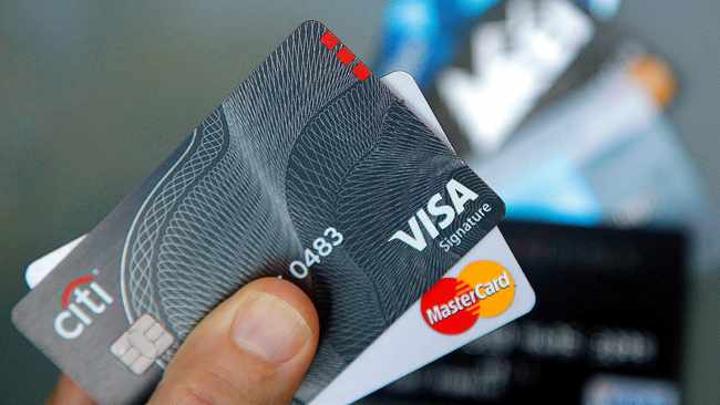Africa-Press – South-Africa. Despite struggling with increasing debt burdens, South African consumers can’t resist the lure of a good deal. According to TransUnion data, consumers who open new credit facilities during the Black Friday period every year end up spending more than consumers with existing accounts – up to R10,000 more, in the case of credit cards.
New credit card accounts opened in November 2020 ended the month with a 52.0% higher spend than existing accounts, with an average balance of R28,470 compared to R18,725.
Retail instalment account balances were 59.0% higher than existing accounts, retail revolving accounts 98.4% up, and new clothing account holders spent a whopping 192.5% more than existing accountholders. Year-on-year balances for new accounts also increased across the board, ranging from 14.7% for credit cards to 29.6% for clothing accounts.
The arrears percentage of new accounts measured by the number of accounts which accrued missed payments over the total new accounts opened during Black Friday in 2020 was slightly higher than business as usual (BAU) arrears levels after six months for clothing accounts (16.3%, vs 13.0% for accounts opened in the rest of the year) and retail revolving accounts (15.9%, vs 14.0%). Retail instalment arrears was high, at 30.0%, whereas accounts opened in the rest of the year average 14.0%. Credit card arrears were lower than usual: where the general level for the study was 9.0%, new account arrears were at 8.4%.
This increase in spending comes at a time when South Africans are already highly indebted, said Lee Naik, the CEO of TransUnion Africa. According to the SA Reserve Bank, the household debt-to-income ratio, which measures debt as a percentage of nominal disposable income, rose from 72.9% in 2019 to 77.1% at the end of 2020. The ratio currently stands at 75.1% for 2021.
“Despite overall levels of consumer debt remaining high, we’re still anticipating a higher consumption of credit on new facilities compared to existing facilities during the Black Friday period across several credit types. More than ever, South African consumers must be sure they can repay any credit they incur, and lenders need to make informed and responsible lending decisions in granting credit,” said Naik.
The research showed that much of the additional spend was driven by older consumers (born before 1981), with younger age groups tending to consume significantly less credit when opening new accounts. Millennials (born between 1981-1996) and Gen Z (1997-to date) considerably dropped their spend on new clothing (-21.9%) and retail revolving accounts (-28.7%) between 2019 and 2020, with a slight increase in retail instalment (6.2%) and credit card spend (15.2%).
How to use credit responsibly
Before you apply for credit this Black Friday, it’s important that you have a full picture of your own ability to repay any new debts. Here’s how to avoid the Black Friday blues:
BUSINESS REPORT
For More News And Analysis About South-Africa Follow Africa-Press






